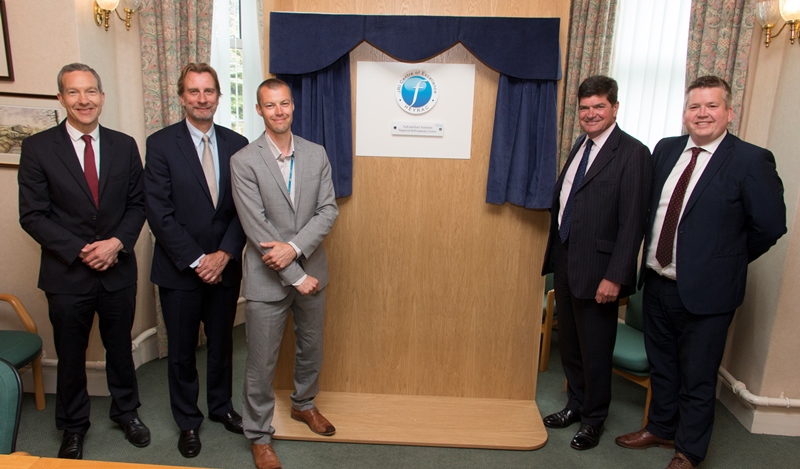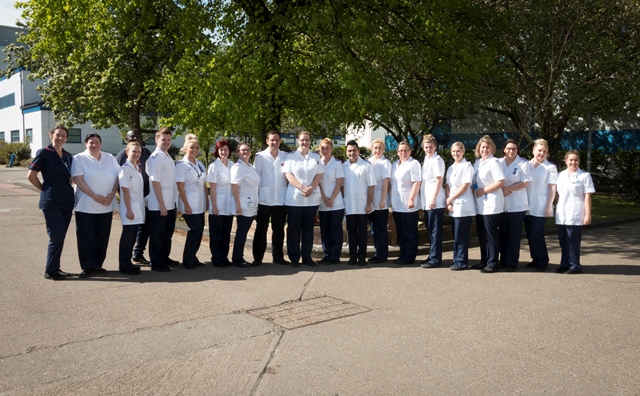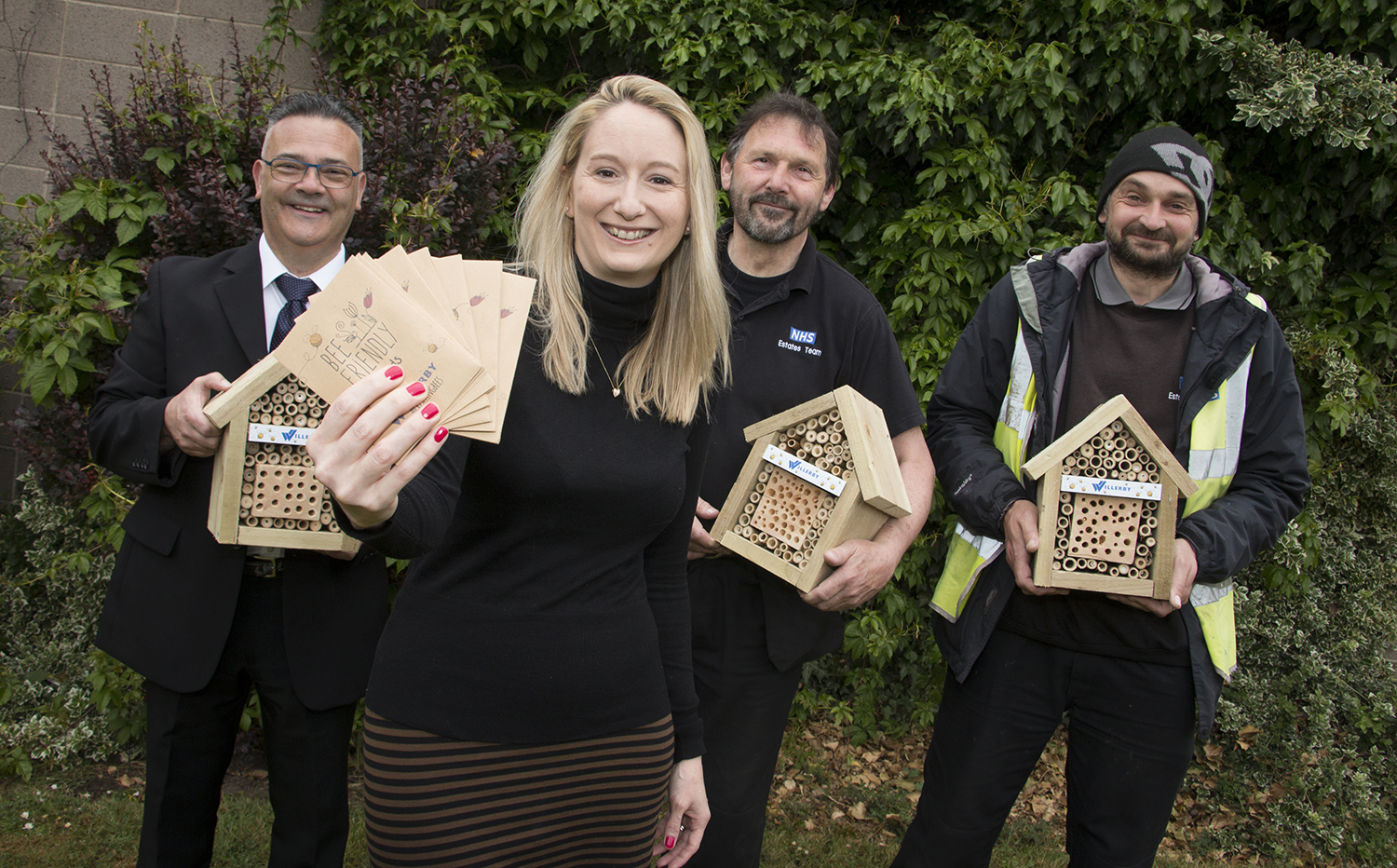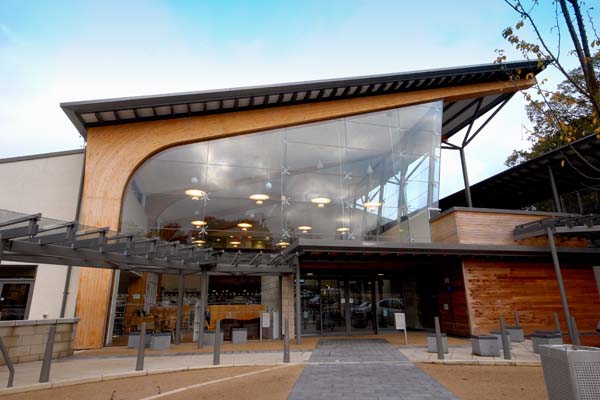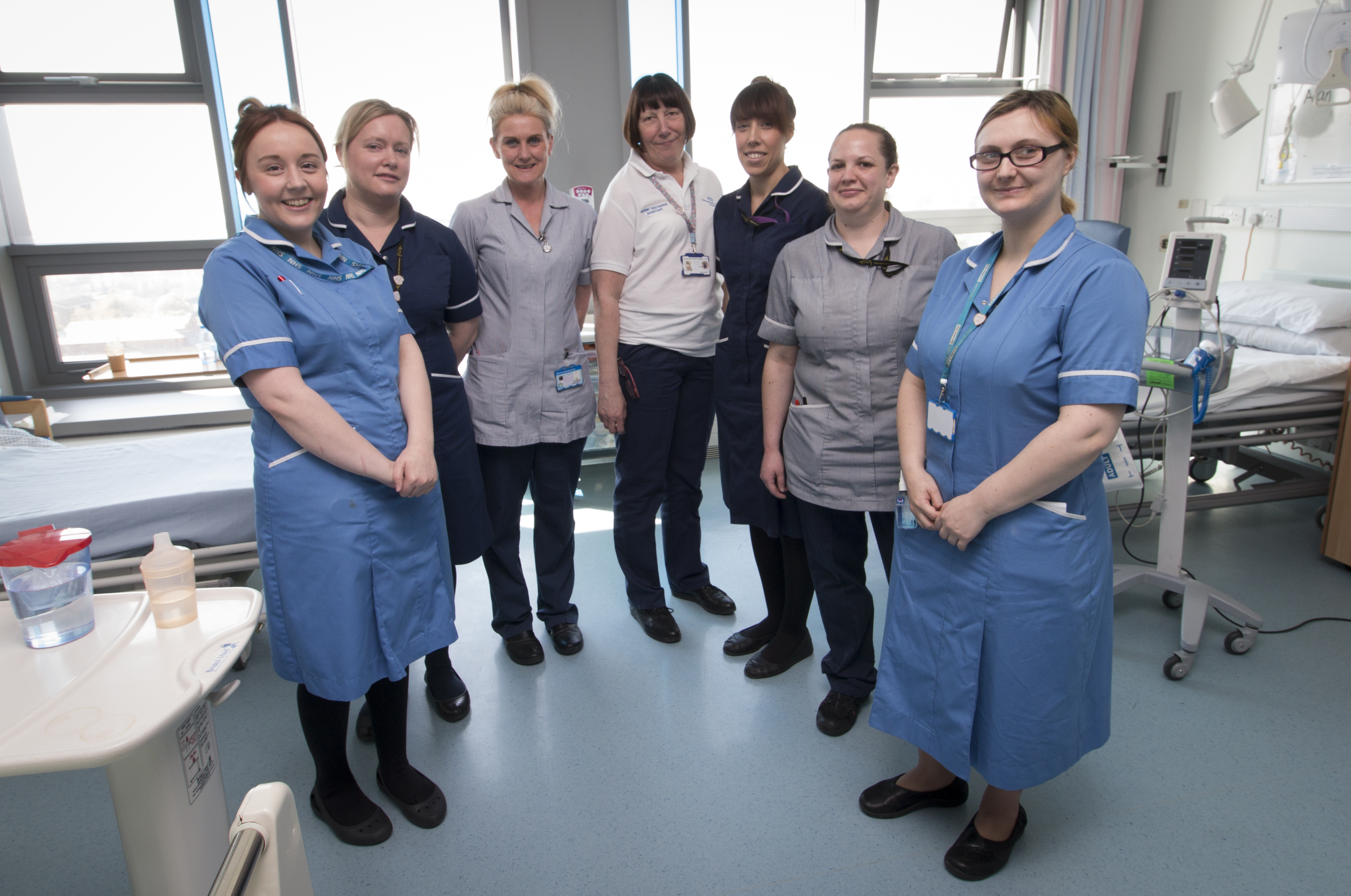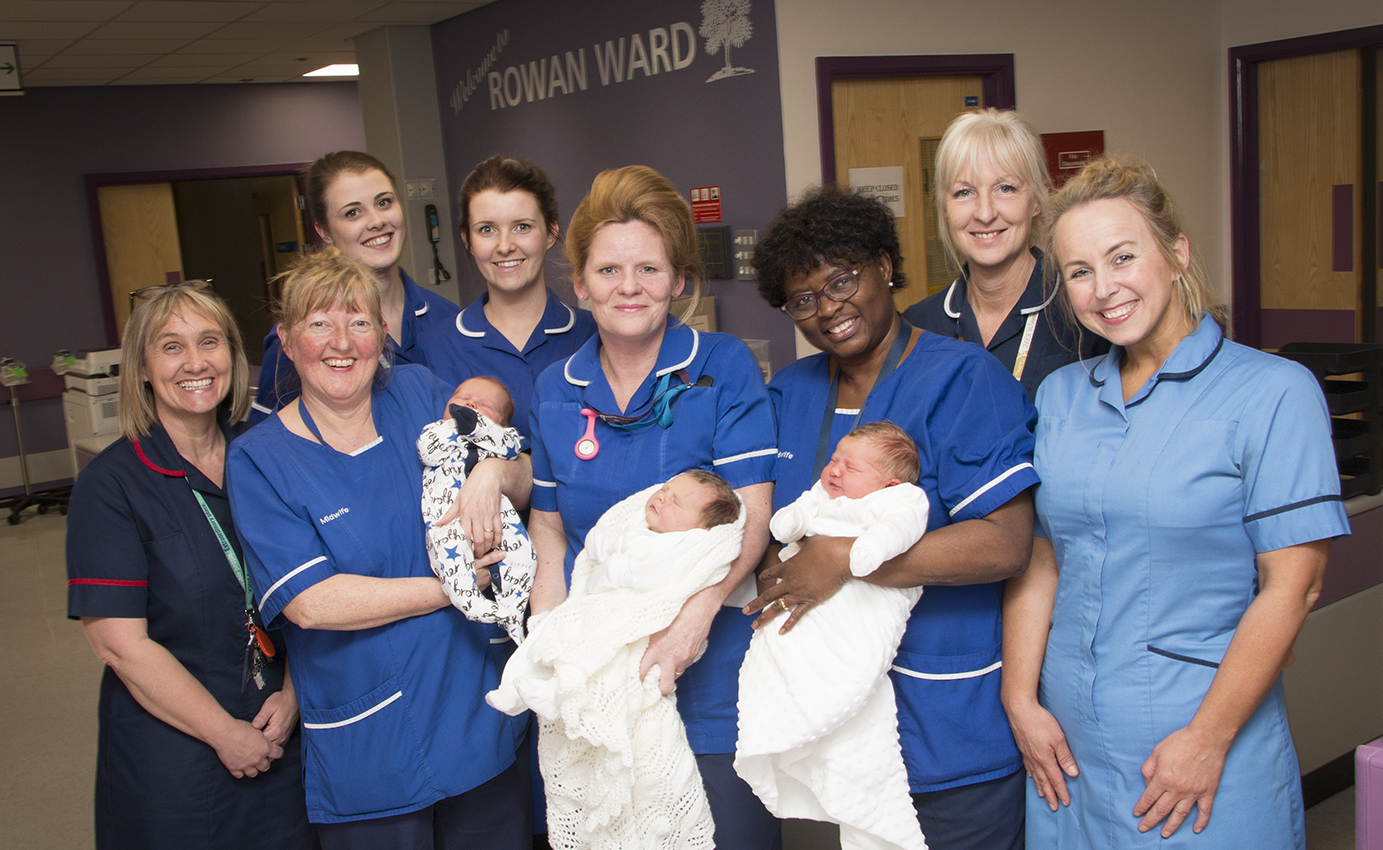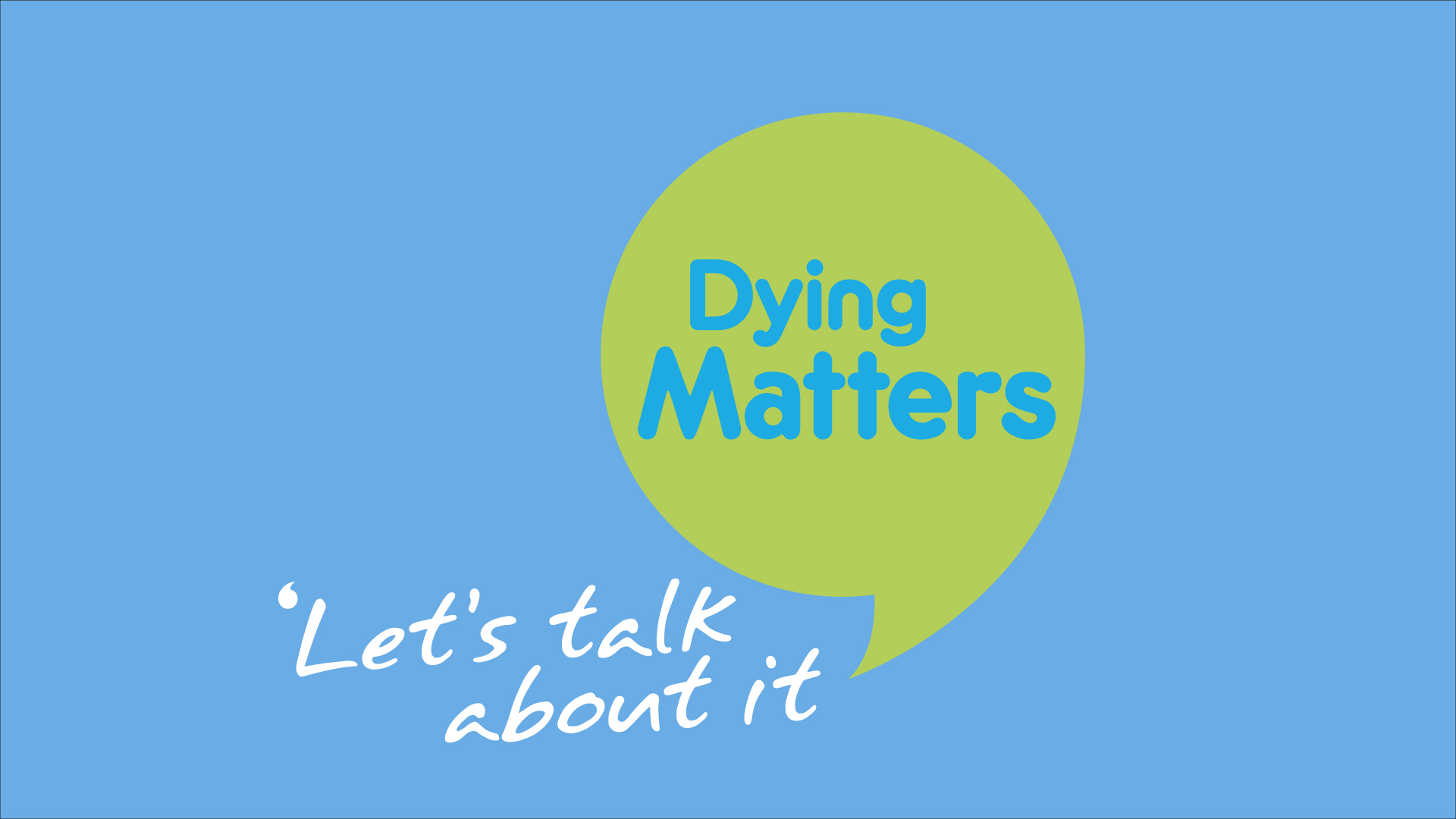East Yorkshire’s reputation for healthcare innovation and research has been further enhanced this week with the opening of an international centre of orthopaedic excellence at Castle Hill Hospital.
Multi-award winning healthcare company JRI Orthopaedics has worked alongside Hull University Teaching Hospitals NHS Trust to establish its first UK Centre of Excellence for joint replacement.
The Hull and East Yorkshire Regional Arthroplasty Centre (HEYRAC) will have a key role in clinical research, sharing of best practice and the development of new hip replacement products and surgical techniques.
Mr Chris Shaw, Consultant Orthopaedic Surgeon and Medical Director for the Surgery Health Group at Hull University Teaching Hospitals NHS Trust said:
“The Trust already has a strong reputation for arthroplasty, providing a local and regional service for patients with complex hip and knee conditions, including revision surgery. We have led the way by performing the UK’s first day case hip and knee replacements last year.
“Around 1,000 hip and knee replacements are carried out by our orthopaedic surgeons in Hull each year, and this kind of surgery really can transform patients’ lives.
“By partnering with JRI Orthopaedics through the new Regional Arthroplasty Centre, we hope to engage our patients in some really pioneering clinical research, attract more trainee surgeons to the region, and showcase some of the fantastic work which already goes on here to both national and international audiences.”
HEYRAC is affiliated to the academic department of orthopaedics, with a professorial chair appointed by the University of Hull’s Biomechanics Department. It is set to become a research hub with JRI Orthopaedics funding a new Fellowship post.
It is already proving a magnet for visiting orthopaedic surgeons from across the UK and around the world to observe procedures, learn about complex and revision case planning and the latest JRI implants and surgical techniques.
Jerry Agass, Operating Director at Sheffield-based JRI Orthopaedics said: “The team of world class orthopaedic surgeons in Hull already has a strong reputation for clinical excellence, for innovation and excellence in patient care.
“We are delighted to be partnering with them. We wanted to create a recognised Centre of Excellence in the UK which will focus on clinical evaluation, research and knowledge sharing for the further development and improvement of JRI’s hip portfolio.
“It will also give Hull a global platform on which they can demonstrate their excellent clinical results and advanced surgical techniques.”
JRI Orthopaedics, which employs 105 people, has world-class expertise in the design, development and manufacture of orthopaedic implants and surgical instruments.
Uniquely, JRI is wholly owned by the charity Orthopaedic Research UK (ORUK) and has donated £12m over the last 10 years to fund world-class research into bone and joint disease.
JRI Orthopaedics recently secured regulatory approval to sell its high quality cemented, uncemented and revision hip product portfolio in China and signed an exclusive distribution deal with Bejiing-based AK Medical – China’s largest domestic orthopaedic producer. It is hoped one of the first group of visiting surgeons to the new HEYRAC Centre of Excellence will be from China.
Mr Agass added: “The new Fellowship we are funding will enable an expanding national and international surgeon visitor and training programme. It will also facilitate greater clinical data evaluation and should provide a magnet for some of the biggest names in orthopaedics.”

